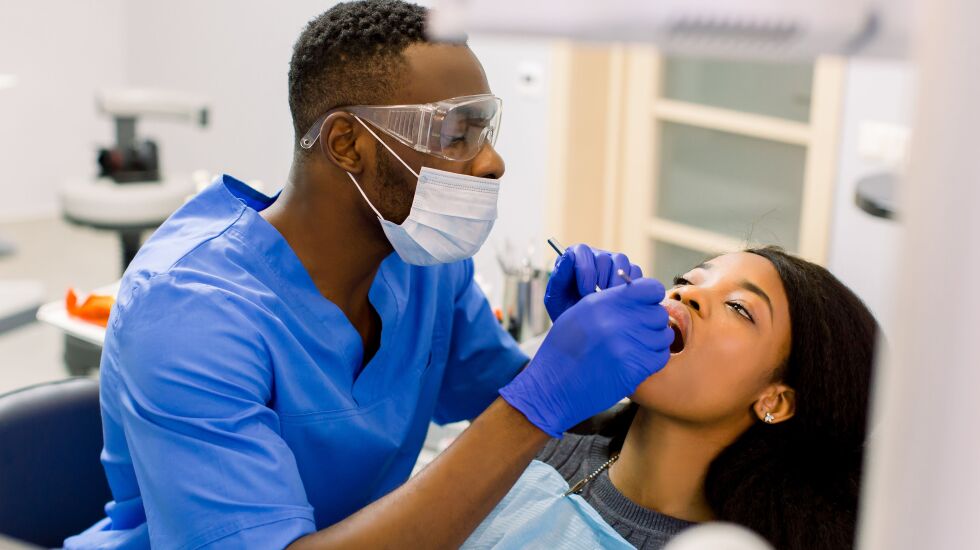
Oral health is essential to our overall health and well-being. But for so many underserved communities, it’s simply not a realistic option to maintain routine dental visits. Delayed dental care can allow potentially dangerous conditions to remain untreated and can be linked to other serious health conditions, such as diabetes and heart disease.
Given the glaring disparities in access to care and patient outcomes that so many were awakened to during the COVID-19 pandemic, it is concerning to me that our state regulators have not maintained a sense of urgency and efficiency in bringing critical care to patients who need it the most.
As a former health care worker, I understand firsthand the many challenges involved in overcoming barriers for underserved communities to accessing quality healthcare. This is especially true for residents in my district on Chicago’s West Side.
It’s why I have been a steadfast champion of the Black Caucus’ health care reform measures to address the systemic inequalities entrenched in our healthcare system, and it’s why I was so eager to sponsor legislation that brought Illinois a first-of-its-kind dental clinic to treat uninsured and underserved patients at no cost.
A new law enacted in 2021 authorizes licensed dentists to provide free care to underserved Illinois residents through education and training programs. This new law is the chief reason The Aspen Group’s TAG Oral Care Center for Excellence (OCC) was able to open in Chicago.
The OCC clinical team won’t have to look far to tap into the need for these services: 63% of Chicago residents do not have dental insurance, 64% of Illinois residents list cost as a barrier to receiving oral care, and an estimated 40% of Illinois adults reported not visiting a dentist or dental clinic within the past year, according to data from the state, the American Dental Association Health Policy Institute and the United Health Foundation.
Clearly, this clinic promises to fill a critical gap for thousands of underserved patients in Illinois, and yet bureaucratic delay is putting that plan on hold.
For months, the Illinois Department of Financial and Professional Regulation has failed to finalize the regulatory rules required by the law that was passed last summer to enable more dentists to treat patients at free dental clinics like the OCC. The OCC had its ribbon- cutting ceremony in July, but since then has only been able to see patients at a trickled pace because it cannot scale up the volume of dentists, and thus the volume of care, until the rules are finalized.
It is well past time for IDFPR to approve these rules to bring critical dental care to Illinois residents as the legislature unanimously intended.
State Rep. Lakesia Collins represents the 9th District.
The Sun-Times welcomes letters to the editor and op-eds. See our guidelines.







